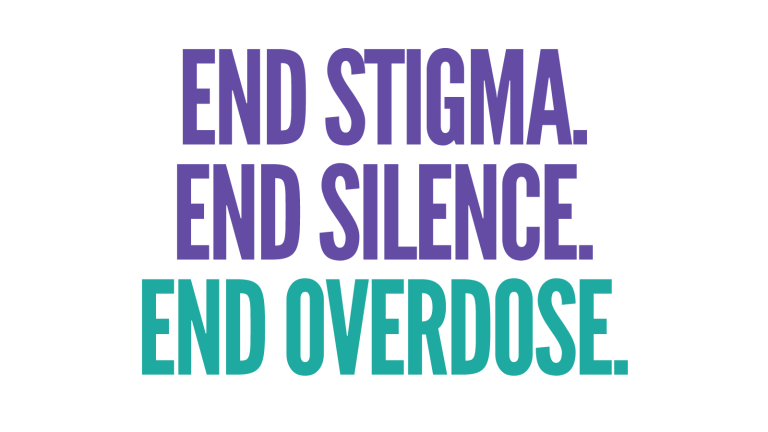August is Overdose Awareness Month and September is Recovery Awareness Month
Opinion piece by Lila Bennett, Executive Director, Journey to Recovery Community Center in Newport, Vermont
Every week, there is another shooting or assault or a robbery on the news. Every week there is another report of an overdose, or a person missing, or a person who, a long time ago, was someone you thought probably had it all together. Now they are someone you don’t recognize. Substance Use disorder, including alcoholism, is poisoning nearly every family system in the US today.
August is Overdose Awareness Month. September is Recovery Awareness Month. Many organizations and communities are holding vigils and events to remember lost loved ones, and educate communities about Substance Use Disorder. As you hear about the vigils or see the events, or see posters with faces of those gone too soon, please stop and think about something for one minute: that even though this problem seems too big to stop, it isn’t, and together, we can.
“How?” You might ask. This is how. Understand that the entire landscape of life is different now than it ever was before opioids. We need different inputs from birth to death in order to change the substance use trajectory. We have to start when the trauma starts. If schools were able to be funded to introduce coping skills, stress management, emotional regulation, goal setting, prevention and early intervention to every student from middle school through college, that would be the beginning of real change. Including this programming would save money over time and help students avoid the now generational downfall of addiction. A program to help students understand goals, follow through, disappointment as well as how to handle success, is a major and effective path that will help our communities get ahead of this substance use crisis.
These are investments we need to make as a society to get ahead of the problem before it begins. One student, one youth, one human being with a head and heart, at a time.
Next- Let’s help those who have struggled with substances get the skills and support to rebuild a sustainable life. Every single person in this world wants to have a purpose. Many people right now do not believe they are capable of being successful, but when given half a chance they thrive beyond imagination. When a person is given an opportunity to go to treatment, then to sober living, with trauma-centered counseling, and workforce development, they DO get better. They become contributors. All the pieces are in place to build a whole life. Jobs are secured, cars and then apartments. Rent is paid, and taxes too. A system of care to stop substance use has to include support of the whole person.
Many of you may read this and wonder- “how to pay for such a thing?” Here’s the kicker- we already are. We pay with our tax dollars in the form of repeated 911 calls, repeated Emergency Department Visits, repeated trips to in-patient treatment, high census in our prisons, crime on our streets, death in our families. We are already paying the highest price out there, without supporting the majority of the folks struggling to get to that next level of their life. If we all slowed down, looked at this through a lens of problem solving, systemic thinking and compassion, we will save our sons and daughters, reduce crime, and save a whole lot of tax payer money at the same time. Programs like Jenna’s Promise in Johnson is working, and we need to replicate this model widely.
We cannot turn our heads and judge people for being down, and not offer any better solution. We are shooting our own collective selves in the foot when we do that. We ARE a community. We ARE a big family. We don’t have to like each other, but we do need to love each other. Love isn’t always pretty and it isn’t always soft. Used well, and with purpose, love is the greatest motivator, and we need to remember that, and take action.
As you go through your day, flip past the ad in the paper for the candle vigil here, or the overdose event there, or the shooting there, or the crime there, slow down for one minute and realize- this is your problem too. The way to fix this crisis is to invest in sober living, workforce development and trauma-based counseling in every community. If you feel like dreaming extra big, dream about prevention curriculums in every school too. We are stronger together, and together, we can do this. We can recover, we can thrive, and we need to make these changes now. Here’s to a stronger future, one life recovered at a time.
If you or a family member is struggling with substance use, or you have any questions about how to get help or how to support a loved one, please reach out to Journey to Recovery at (802) 624-4156 or www.jtr-cc.org. Also reach out to Recovery Partners of Vermont for the full list of recovery centers statewide at www.vtrecoverynetwrok.org

